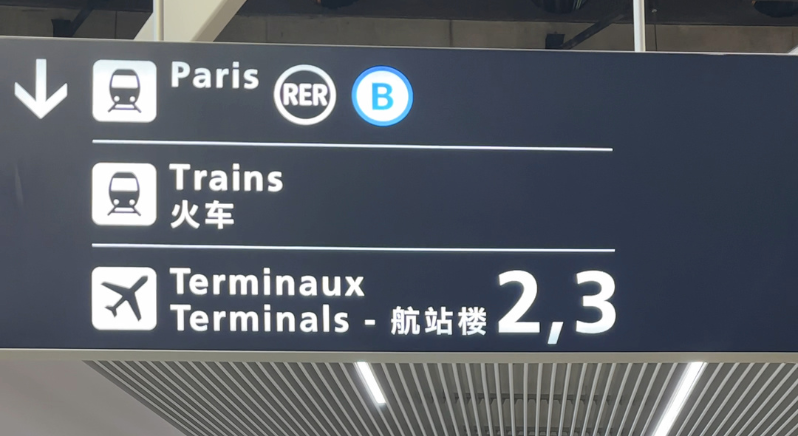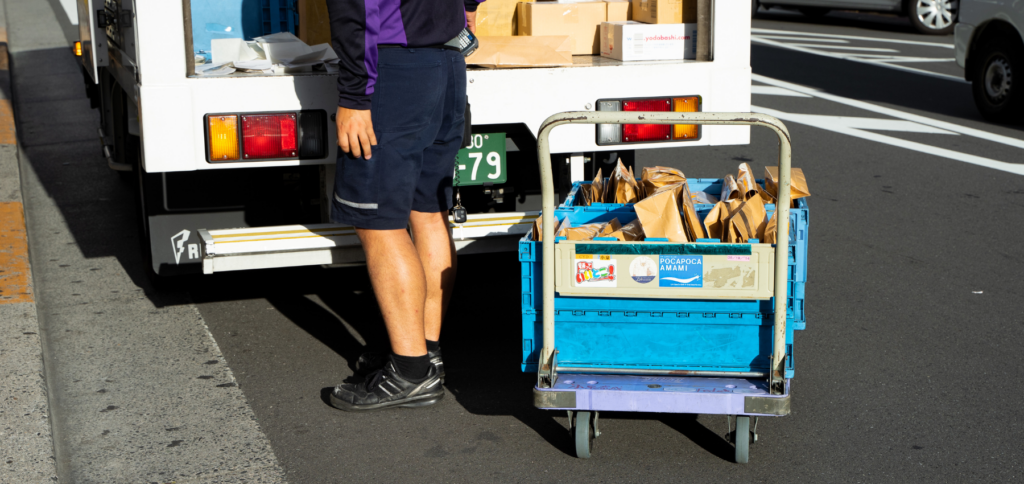For international students planning to live and study in France, mastering basic French phrases for asking directions is essential. Not only does it help in daily navigation, but it also enriches the experience by challenging yourself to talk with locals. Here’s a comprehensive guide on how to ask for directions in French.
Basic Greetings
Before diving into asking for directions, it’s essential to start with basic greetings and polite expressions. These set a positive tone for your interaction and show respect to the person you’re speaking with. Here are some fundamental phrases:
- Bonjour! (Hello!)
- Excusez-moi (Excuse me)
- S’il vous plaît (Please)
- Merci (Thank you)
Using these phrases demonstrates your politeness and makes it more likely that locals will be willing to help you.
Learn more about French greetings and salutations here: https://stg-gogofrance-ggfstaging.kinsta.cloud/en/blog/french-salutations/
Ask for Directions
When it comes to asking for directions, having a few key phrases up your sleeve can make a world of difference. These are straightforward and commonly used phrases that will help you find your way:
- Où est… ? (Where is… ?)
- Comment puis-je aller à… ? (How can I get to… ?)
- Pour aller à… s’il vous plaît? (How do I go to… please?)
- Je cherche… (I am looking for…)
For example:
- Où est la gare? (Where is the train station?)
- Comment puis-je aller à la Tour Eiffel? (How can I get to the Eiffel Tower?)
- Pour aller à la cathédrale Notre-Dame, s’il vous plaît? (How do I go to the Notre-Dame Cathedral, please?)
- Je cherche le musée du Louvre. (I am looking for the Louvre Museum.)
These phrases can be adapted to various situations and places, making them very versatile for daily use.
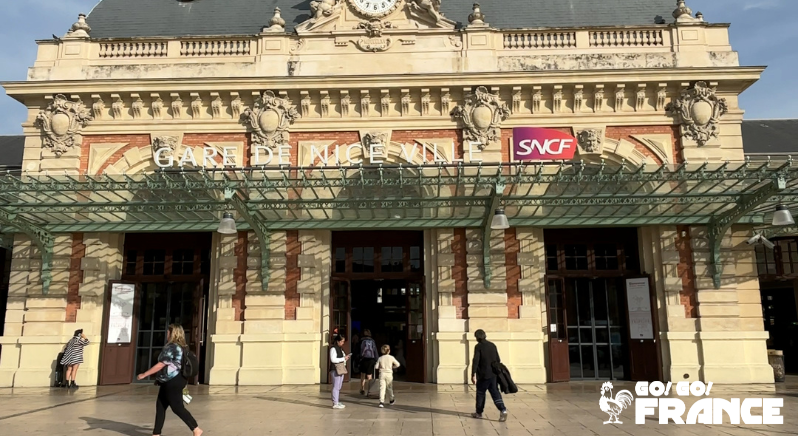
Common Places
Knowing the names of common places in French is crucial when asking for directions. Here are some terms that will often come up in conversation:
- La gare (the train station)
- La station de métro (the metro station)
- L’arrêt de bus (the bus stop)
- L’université (the university)
- Le supermarché (the supermarket)
- L’hôpital (the hospital)
- La banque (the bank)
- Le musée (the museum)
- Le cinéma (the cinema)
- Le parc (the park)
- La bibliothèque (the library)
- Le restaurant (the restaurant)
- La Pharmacie (the pharmacy)
- La boulangerie (the bakery)
- La poste (the post office)
- La mairie (the town hall)
- L’aéroport (the airport)
- Le stade (the stadium)
- Le centre commercial (the shopping mall)
- Le marché (the market)
For example:
- Où est le musée, s’il vous plaît? (Where is the museum, please?)
- Je cherche le parc. (I am looking for the park.)
- Comment puis-je aller à la bibliothèque? (How can I get to the library?)
- Pour aller à la boulangerie, s’il vous plaît? (How do I go to the bakery, please?)
These words will help you specify your destination clearly when asking for directions.
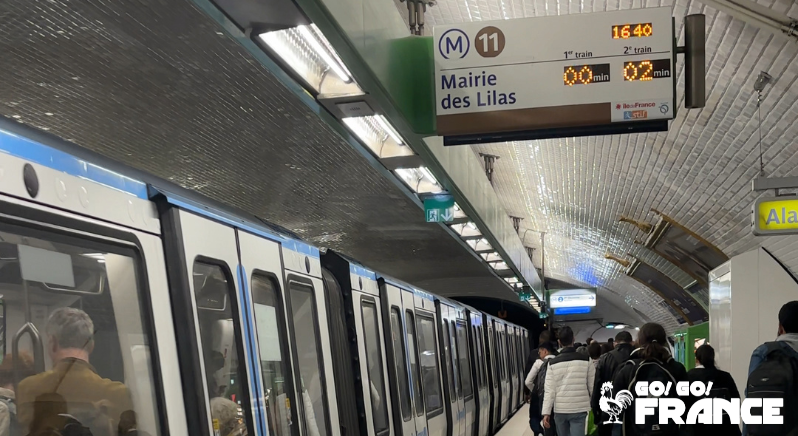
Understanding Directions
Understanding the directions given to you is just as important as asking the right questions. Familiarize yourself with these directional phrases:
- à gauche (to the left)
- à droite (to the right)
- tout droit (straight ahead)
- près de (near)
- loin de (far from)
- au coin de (at the corner of)
- à côté de (next to)
- en face de (across from)
- derrière (behind)
- devant (in front of)
- au bout de la rue (at the end of the street)
- à l’angle de (at the corner of)
For example:
- La gare est à gauche. (The train station is to the left.)
- L’université est tout droit. (The university is straight ahead.)
These terms will help you follow the instructions and reach your destination without confusion.
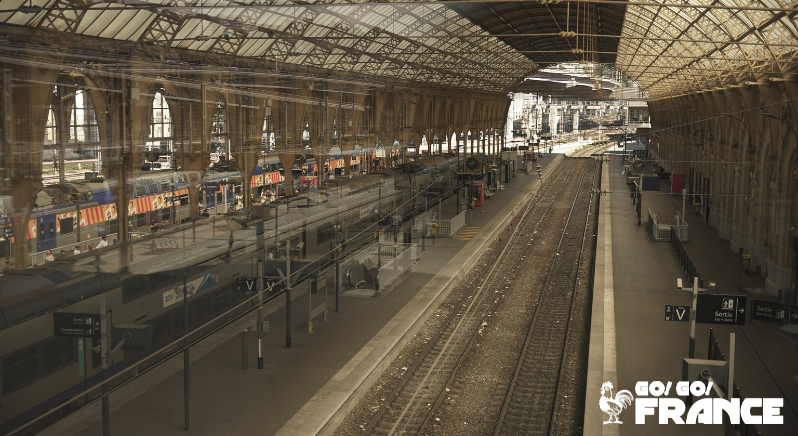
Tips for Effective Communication
- Use Maps: Use a map app on your phone. It can help you understand the directions given.
- Be Polite: Always start with a greeting and use polite expressions like “s’il vous plaît” and “merci”.
- Practice: The more you practice, the better you will get. Try asking for directions even when you know the way, just for practice.
- Listen Actively: Pay attention to the response. French speakers might give you additional useful information.
By using these phrases and tips, you can navigate French cities with ease and confidence. Embrace the language and culture, and soon you’ll feel at home in France.
